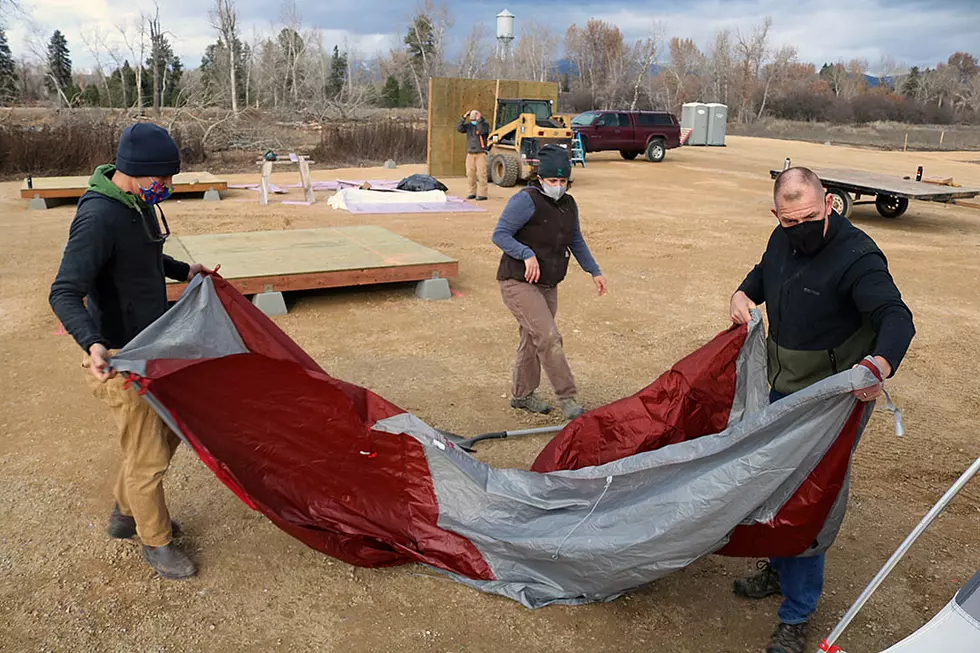
Viewpoint: Missoula County’s approach to helping those in crisis works, must continue
Missoula County has a history of meeting challenges with innovative, compassionate solutions. We know that if we don’t do anything, the problems will get worse, not better.
Like many communities across our state and nation, Missoula is facing significant challenges in terms of housing, homelessness and people in our community who struggle with addiction and mental health issues. Ignoring these problems won’t keep our community healthy and safe. Instead, we need to connect those in need with services proven to help folks get back on their feet.
In the past two years, we’ve made tremendous progress through effective programs that help people in crisis while keeping our community safe and reducing money spent on hospitals, police, jail, the courts, and environmental cleanup.
It’s vital that we continue to invest in these solutions, rather than lose ground on the progress we’ve made to date. We all benefit when we live in communities where people are housed and cared for, not living on our streets and riverbanks.
Initiatives such as the Emergency Winter Shelter, Temporary Safe Outdoor Space, and Authorized Camping Site prevent people from dying on our streets during extreme temperatures and from living in dangerous and dirty makeshift riverside camps. This past winter, 567 people received shelter and survived the cold Missoula winter. And, of the people served to date in the Temporary Safe Outdoor Space, nearly half of them have moved into permanent housing.
Our innovative Mobile Support Team (MST) sends trained EMTs and clinicians trained to assist people experiencing a mental health crisis, helping to divert hundreds of very costly visits to the emergency room or jail. To date, the MST has served 1,495 people experiencing crisis and, as of May 2022, had diverted an estimated 400 people from emergency rooms.
In most cases, the Support Team can keep the client in the community, safe and with a plan should they go into crisis again.
Additionally, intervention programs related to our justice system are helping those in need while helping to boost public safety.
For example, the Sheriff’s Office Community Supported Reentry Program and Missoula County Pretrial Supervision Program help formerly incarcerated people succeed upon release, without falling into homelessness or reoffending.
The Crime Victims Advocate Program, meanwhile, helps victims of intimate partner violence achieve safe housing and personal power. Crime Victim Advocates save lives. The risk for domestic violence homicide increases when victims do not or cannot access early intervention.
In part, the success of these programs is due to increased funding from the American Rescue Plan and one-time grants intended to help address the upheaval caused by COVID-19. Missoula County’s strategic use of those funds to support innovative and proven programs has successfully changed, and saved, lives. These services have helped our community as a whole.
We celebrate these successes and, at the same time, note that sustained investments are urgently needed to keep these programs up and running.
This year, the one-time funding will go away, but the need remains. Pretending this problem isn’t OUR problem and failing to continue our productive efforts to address it will only result in the crisis growing worse. Missoula is a community that cares. Let’s keep it up.
Cindy Weese is the YWCA Missoula executive director, and a lifelong advocate for women & families; Jim Hicks (executive director of Hope Rescue Mission) is a pastor in vocation and heart, who loves all things Missoula; Shannon Flanagan owns Flanagan Motors Mazda, and was born and raised in Missoula.
